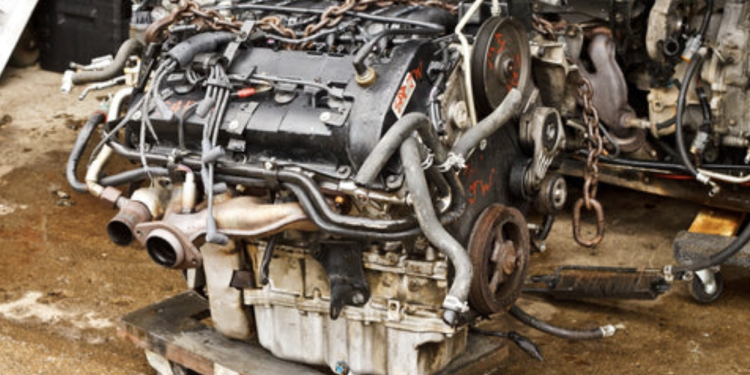Your car’s engine does a lot of heavy lifting. In line with this, keeping things running as well as possible is highly important – and swapping out the engine might be a useful option to consider. However, before you change the engine, it’s important to check a few key factors first. We’ve outlined the core things you need to consider in today’s guide to help.
Run a Vehicle Check Before Buying Second-Hand to Reduce the Risk of Issues
If you’ve been planning to buy a used car, there’s potentially a good chance that the engine may have seen a lot of wear and tear. In line with this, before you buy, always check the car’s history first.
A vehicle check can provide a lot of useful information about a car. For example, it can provide past mileage estimates and records, helping you understand how much work the engine may have done in its lifetime.
Key Things to Think About When Changing Your Engine
If you’ve been looking to change your vehicle’s engine, perhaps because you’ve accidentally purchased a car without running a vehicle history check, you’ll need to consider a few key things to help. Some of the main things you should consider as part of this include the following:
- Cooling systems are one of the first things you’ll need to watch. Most modern engines need quite a large amount of cooling to keep them running efficiently and prevent overheating. As such, your existing cooling systems may not be enough to run a modern engine efficiently.
- Headers and header layouts are highly important to check when changing the engine; this can be incredibly complex, depending on the layout of your car’s current engine.
- Wiring is inevitably one of the most pivotal aspects of a new engine, and getting this wrong could have vast implications for your new engine. Modern engines can have a huge amount of wiring, so be sure to keep a close eye on this.
- Driveshaft selection is a highly important component of a successful engine replacement. Measuring the driveshaft carefully is highly important to prevent issues down the line. Along a similar line of thought, considering the flange or yoke is also vital; remember, flanges are typically stronger than yokes, and these tend to give a better operating angle as well.
- Torque converters are often highly important when replacing your engine – and getting this wrong could potentially leave the car undriveable or at risk of overheating. Always do your research carefully before getting started to ensure you know what you’re looking for from a torque converter.
- Fuel systems vary from car to car, but choosing the wrong type can lead to a great deal of noise or – worryingly – can even cause engine failure. Be sure to get professional support if you’re not sure which fuel lines or fuel pump to go for.
- Steering linkagesare often overlooked when installing a new engine. The steering linkages will generally depend on the combination of parts used in your engine, so always account for this when making your decision.
- Fluid reservoirs need to be changed when replacing the engine – and this is often a lot more challenging than simply switching the cooling system. Power steering fluid reservoirs are often relatively tricky components to replace.
- Oil pans are fortunately one of the easier parts to replace, given the wide range of aftermarket oil pans on offer.
Final Thoughts
If you’ve considered changing your car’s engine, ensuring you’ve considered the key factors first is vital. Of course, we should stress that changing your car’s engine isn’t a quick two-minute job; so, you’ll need to keep this in mind carefully before getting started with the replacement.














